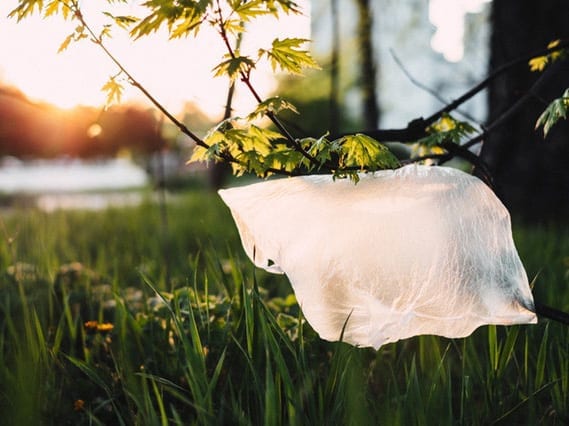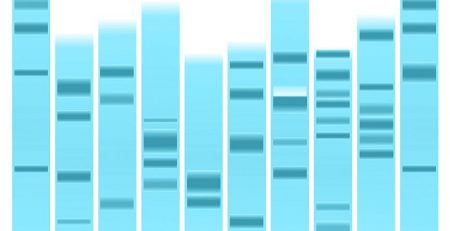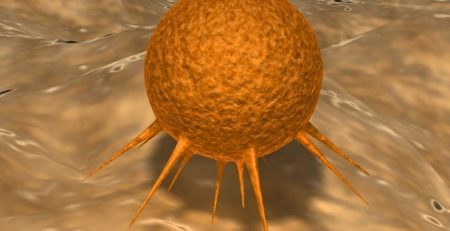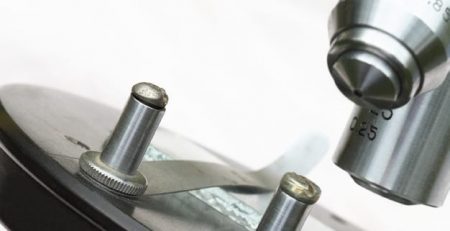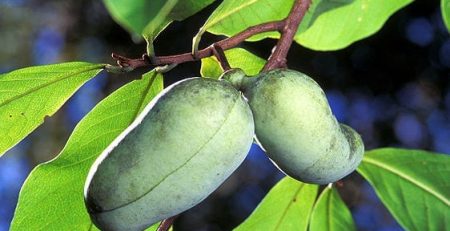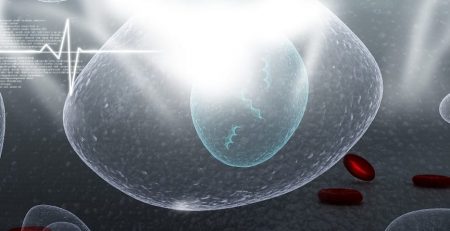Mexican Scientist Develops New Biodegradable Plastic
The nopal cactus, more commonly referred to as the prickly pear cactus, is not only a staple of many Mexican dishes and touted for its numerous health benefits, now it’s also being turned into biodegradable plastic.
Sandra Pascoe Ortiz is a research professor at Universidad del Valle de Atemajac in Zapopan, Mexico and is currently working to perfect the non-toxic formula.
“My idea is to produce plastic from natural ingredients and substitute it for some of the plastics we use today,” Ortiz said.
According to Forbes, the idea for this project was born during a science fair and a chemistry class full of industrial engineering students. “There were some publications that spoke of different materials with which biodegradable plastics could be made, including some plants,” she said.
“In this case, the nopal cactus has certain chemical characteristics with which I thought it could be feasible to obtain a polymer, that if it was combined with some other substances, all of them natural, then a non-toxic biodegradable plastic would be obtained. The process is a mixture of compounds whose base is the nopal. It’s totally non-toxic, all the materials we use could be ingested both by animals or humans and they wouldn’t cause any harm,” she explained.
While the process is still currently limited to the lab, Ortiz believes that the process has the potential to move to an industrial facility, with a number of companies already expressing interest. In addition to being non-toxic, the material breaks down within a month when in soil and within a matter of days when in water, and it doesn’t require crude oil like traditional plastics.
“I believe that it is never too late to start changing things,” Ortiz said. “Every day there is a new opportunity to do things better, so if we each do what we have to do, there is another opportunity to reverse all the damage we have done to the planet.”
Check out a video of the process here.




